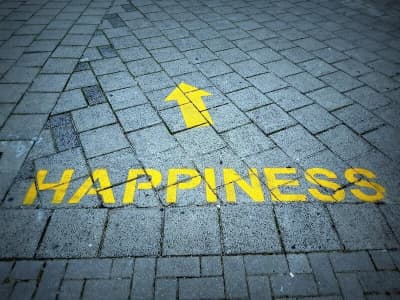In an earlier blog, entitled, "Breaking Associations," I encouraged us to challenge unhelpful links that we'd allowed to define us negatively. "Hopeful One" said, "There seems to be an underlining assumption that being defined in this way is always negative. In my opinion it's not so much the definition or the associations but the internal judgements we make that do the damage."
We are in agreement, Hopeful One!
Associations have their own associations! We can make them mean what we want them to.
For example, we can change the context. One of my favourite film clips is from a rather violent thriller called, "Face Off!" In it, Nicholas Cage and John Travolta swop roles as goody and baddy. In my chosen scene, Judy Garland's version of, "Somewhere, Over the Rainbow," plays serenely while a S.W.A.T. team destroys the flat our hero is sheltering in. The association is 'wrong' - it shouldn't work. It works perfectly.
So the flip side of breaking bad associations is to make good associations - deliberately. An association is simply, "This means that," or "This links to that."
Naturally occurring associations include hearing a song when you're having a good time. The song and the feeling of feeling good become linked automatically. The next time you hear the song, you feel good because the two files are linked in the library of your brain! Even more powerful is scent. You may associate an after-shave or perfume with a person. Smell the scent, remember the person.
These links happen naturally and unconsciously. In fact, all the sense data you were receiving at the time becomes linked in your mind to the event. Famous Canadian Neuro-Surgeon, Wilder Penfield, demonstrated the physical nature of memory by stimulating areas of patients' brains. The memories that were triggered enabled the patients to relive experiences - along with all the senses recorded at the same moments in time.
This is good news because we can create this process consciously as well as unconsciously. You and I can choose to link a song, a scent, even an object to an emotional feeling. When we sense we are beginning to feel great, we can choose to pop on our "Feel Great" Playlist... and turn up the volume! The brain doesn't care what comes first, the chicken or the egg! It simply splices the memories together. Do the procedure often enough and you will discover that your "Feel Great" Playlist will remind your mind what it is like to feel great... et voila! You will feel better.
Right, I'm off to find a magic feather... heard some flying elephant dropped one near here.
Lex
A Moodscope member.



Comments
You need to be Logged In and a Moodscope Subscriber to Comment and Read Comments